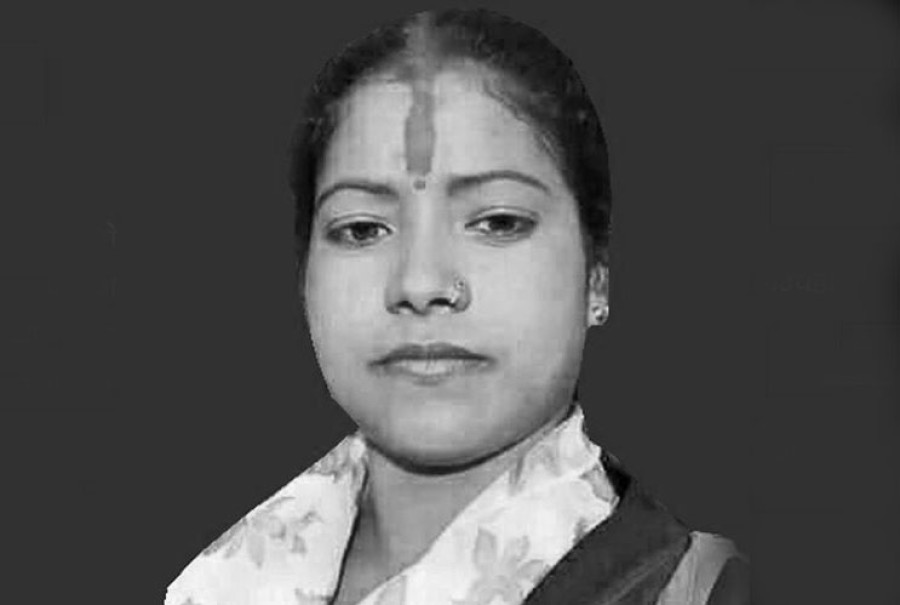National
Police arrest brother-in-law of Parbati Budha who died in a menstruation hut in Achham
This is the first arrest since the country criminalised Chhaupadi in August 2017.
Binod Ghimire
In the first-ever arrest related to the death of a woman while she was banished from home during her menstruation—a practice called Chhaupadi—police on Thursday took Chhatra Raut, brother-in-law of the woman, into custody.
Parbati Budha Raut died in a Chhaugoth—a period hut—in Sanfebagar Municipality in Achham district on Monday.
Chhatra, who was the guardian of Parbati as her husband and in-laws are living in India, was arrested on suspicion that he had forced her to the menstrual hut.
Despite campaigns to stop the Chhaupaid practice, many women, particularly in western Nepal, are still banished from their homes and forced to live in squalid cow sheds during their periods or pregnancy, which can expose them to extreme cold and attacks from criminals, wild animals and snakes.
The Supreme Court on May 2, 2005, ordered a ban on Chhaupadi and asked the government to formulate a law criminalising the practice.
But it took more than a decade for the government to come up with a new law.
In August 2017, the government enacted a law, which came into force from August 2018, 2018, with a provision that anyone forcing a woman to live in sheds will have to serve three months in jail and pay a fine of Rs 3,000. The penalty is higher for those holding the public position.
Though women had been losing lives every year in menstruation huts, not a single arrest had been made.
With no police action in the cases of death in the menstruation huts, the Attorney General’s Office intervened, asking the police to investigate after an arrest.
“I called the police chief asking him to direct his subordinates in Achham to arrest the perpetrator,” Attorney General Agni Kharel told the Post. “Her [Parbati’s] brother-in-law might not be guilty but this case warrants a proper investigation.”
Police have largely failed to make arrests in such cases on the grounds that there were no complaints.
An enquiry report by the National Human Rights Commission released in January showed there were hardly any complaints in such cases as those who exiled women from home were close family members.
Kharel said the police don’t need complaints to investigate criminal offences.
Deputy Superintendent Janak Shahi, chief of district police, said that the arrest was made following the directives from Kathmandu.
“It’s not that we had not been investigating the case before the directive,” Shahi told the Post. “To my knowledge, this is the first arrest in the cases related to Chhaupadi.”
Shahi said the police will probe if Chhatra forced Parbati to live in the hut which is around 100 meters from her home.
Parbati, who had gone to sleep in the shed after dinner on Sunday, never returned. She was found dead in the hut the following day. Parbati lost her life while the country is marking 16 Days of Activism against Gender-based Violence since November 25.
At least four women have lost their lives in menstruation huts in Achham and Bajura districts ever since the criminal code came into effect.
According to the police, the death toll has reached 14 in Achham alone since 2005, the year the Supreme Court directed the government to ban Chhaupadi.
Hypothermia, snakebite and suffocation in the sheds are the major causes of deaths.




 14.24°C Kathmandu
14.24°C Kathmandu















